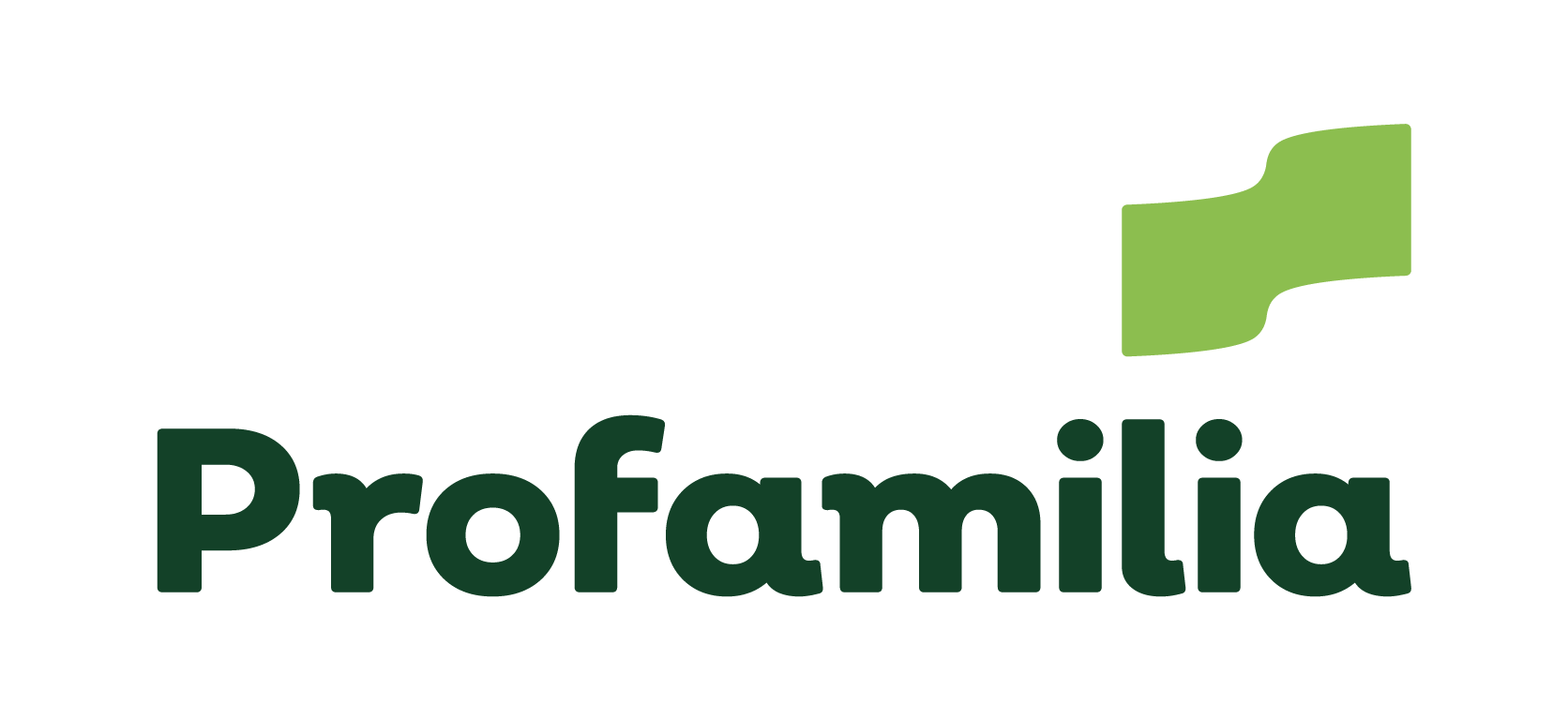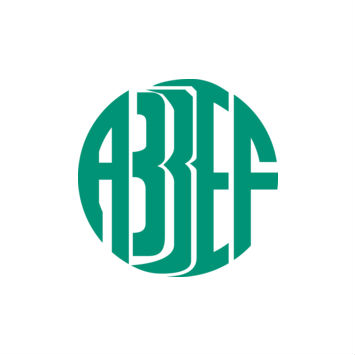

| 31 March 2016
Asociación Pro-Bienestar de la Familia Colombiana
Profamilia is a private non-profit organization that, for more than five decades, has been promoting and defending the exercise of sexual and reproductive rights of the population in Colombia so that they can make free, safe and informed decisions about their sexuality, without discrimination, coercion or violence. Through its five strategic lines of action: IPS, Farma, Educa, Incidencia/Advocacy, Investigaciones y Proyectos Sociales/Social Projects and Research-, Profamilia has positioned itself as a reference in the generation of wellbeing and social change; in the execution of international cooperation projects; in the provision of health services in remote populations; in comprehensive education for sexuality; among other actions that favor the lives of millions of people. The organization has more than 40 clinics throughout Colombia, making it the private health institution with the greatest coverage in the country and the second largest in developing countries. Every year, Profamilia provides more than 2,900,000 services and attends more than 450,000 people, most of them in vulnerable conditions.

| 31 March 2016
Association Burkinabé pour le Bien-Etre Familial
Association Burkinabé pour le Bien-Etre Familial (FPABF) was set up in 1985. Staff and over 1,000 volunteers work to provide sexual and reproductive health (SRH) services to poor and marginalized people. Services include antenatal and post-natal care, prevention and treatment of sexually transmitted infections (STIs) including HIV and AIDS, provision of antiretroviral drugs, voluntary counselling and testing (VCT), screening for cancers of the reproductive system, post-abortion care, prevention of mother to child transmission (PMTCT) of HIV and AIDS, and home-based care for people living with HIV and AIDS. FPABF’s work reaches out to the poor and marginalized, and the organization runs special initiatives focused on reaching young people on the streets, people living with HIV and AIDS, and students. Professional training is provided to young people, including members of FPABF’s Youth Action Movement, which enables them to participate in small-scale profitable ventures and escape poverty. The nation has severe SRH challenges in terms of lifetime risk of maternal death and unmet need for contraception. One of the most serious issues in Burkina Faso is the 66% prevalence of female genital mutilation: a psychologically traumatic experience, an infringement of human rights and a source of substantial physical damage requiring major medical intervention. FPABP works in partnership with the Ministry of Health, the Secretariat Permanent des Organisations Non Gouvernementales (SPONG), Réseau des ONG en population et développement (REOPOD) and a range of funders including UNFPA, the EU, UNICEF and DANIDA.







